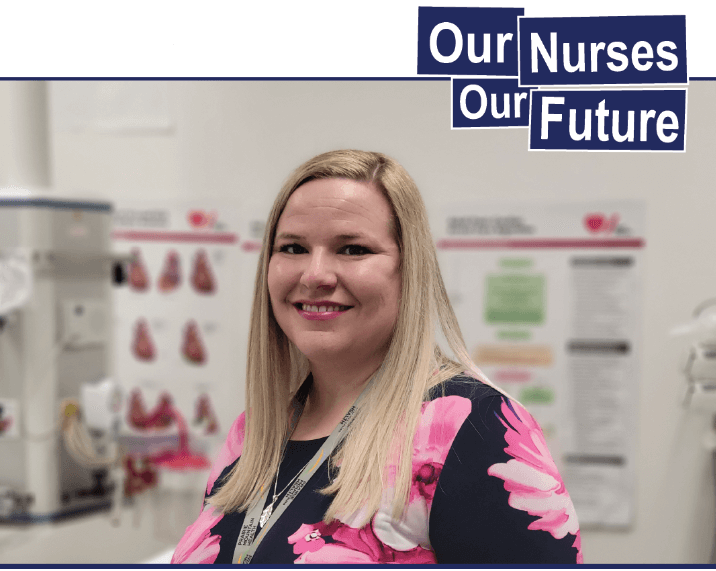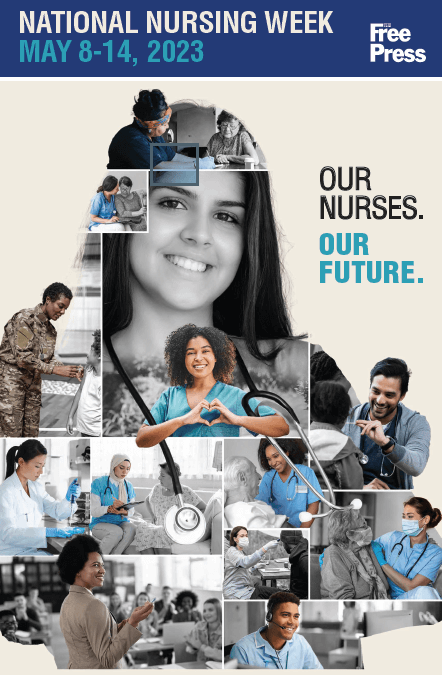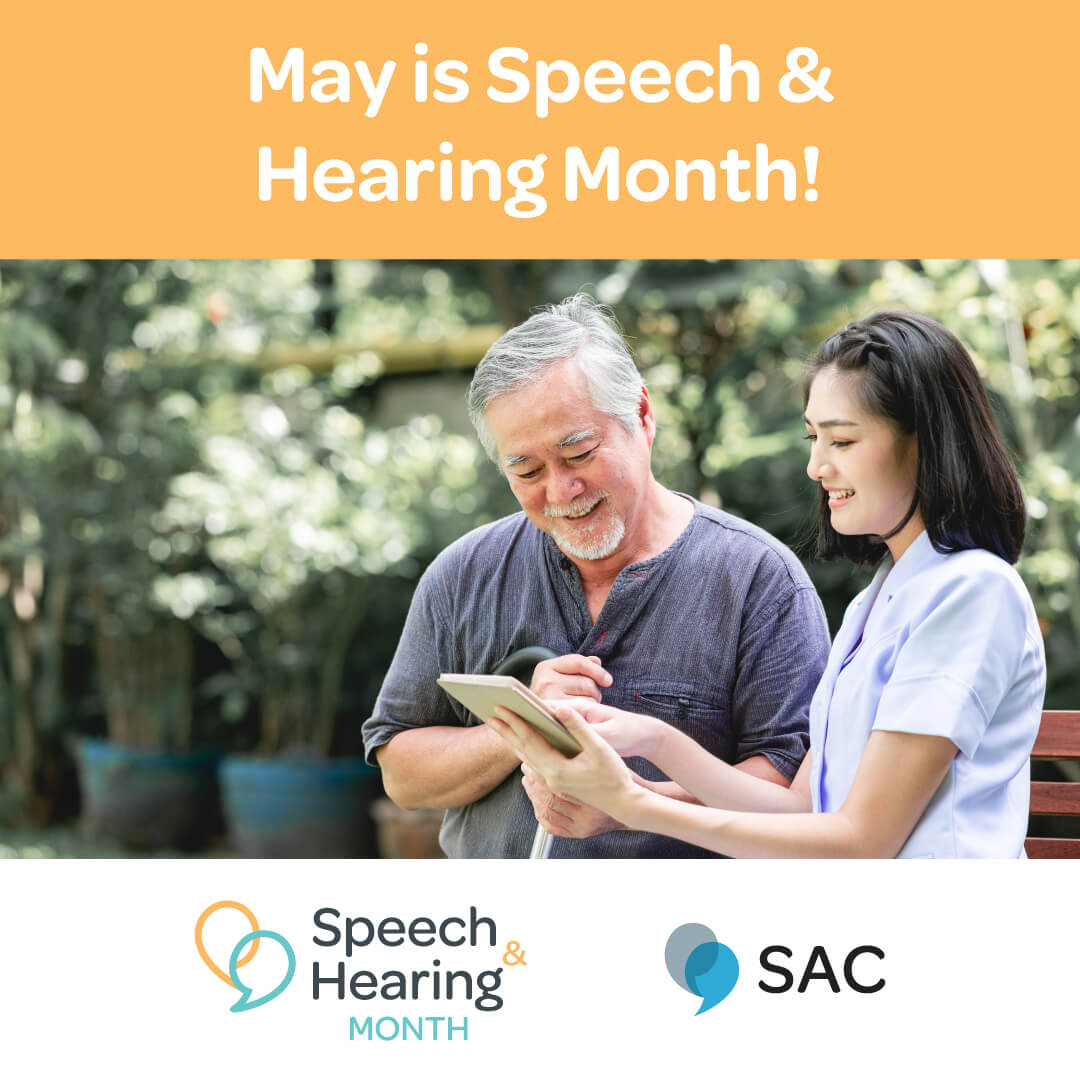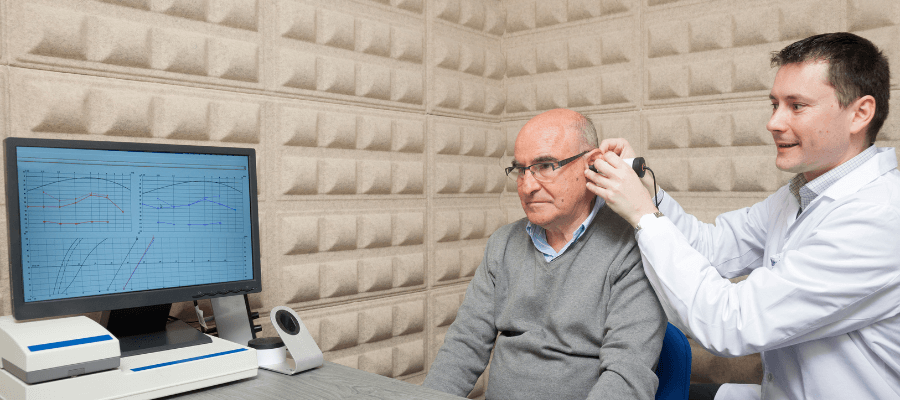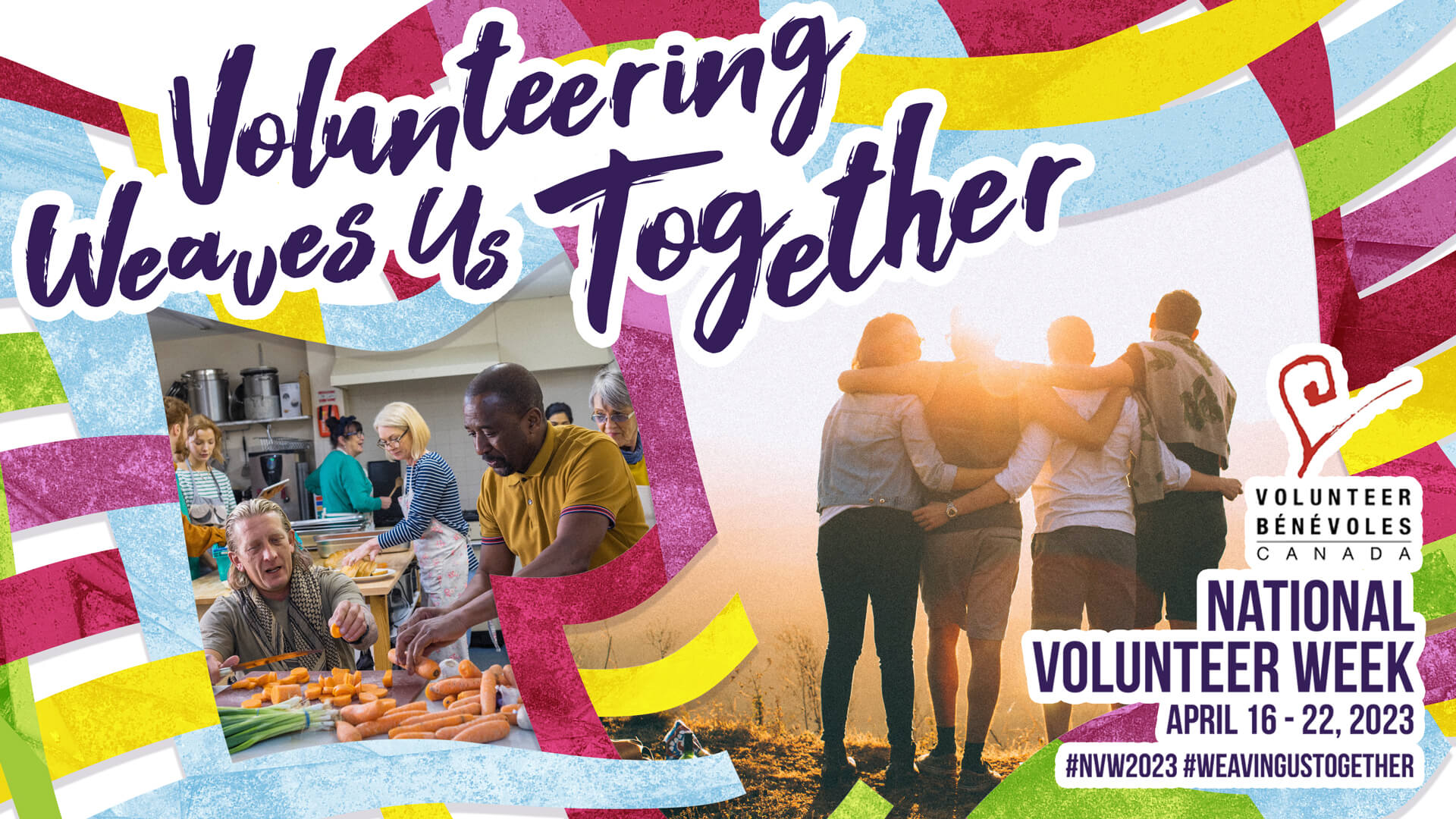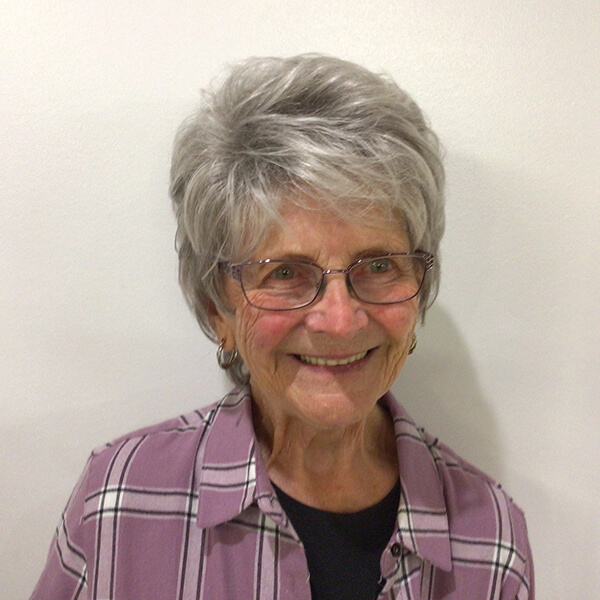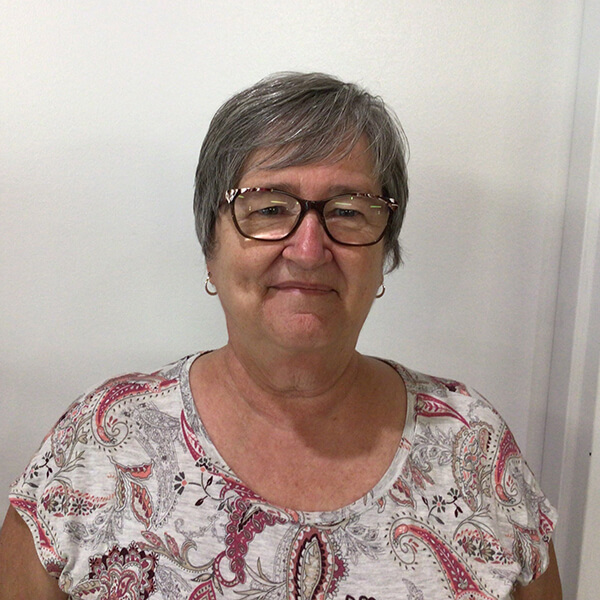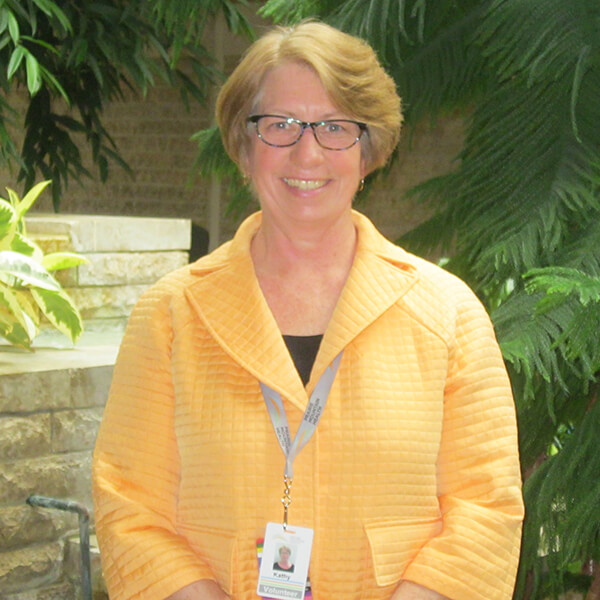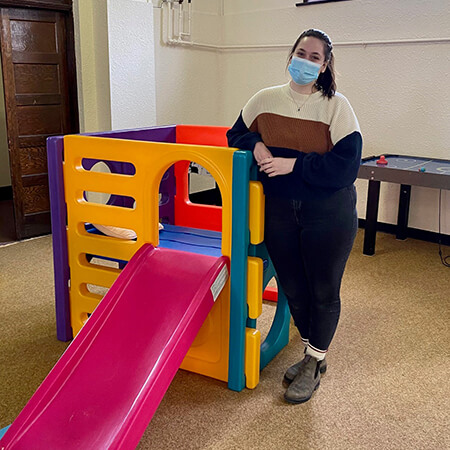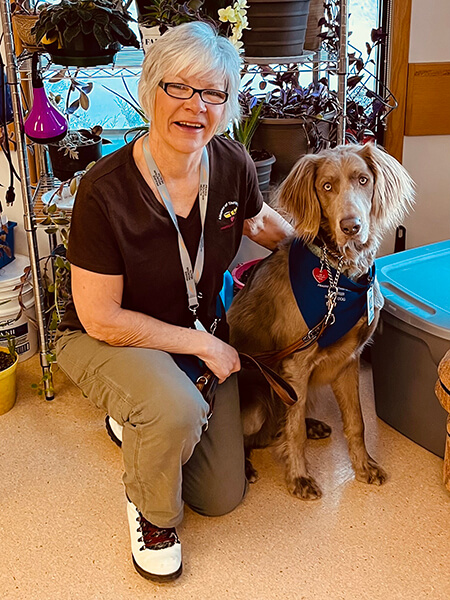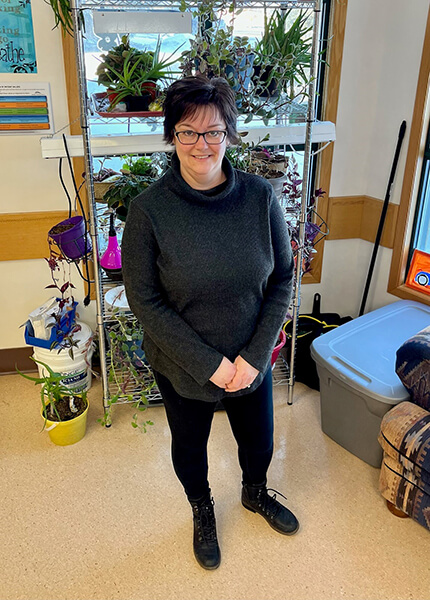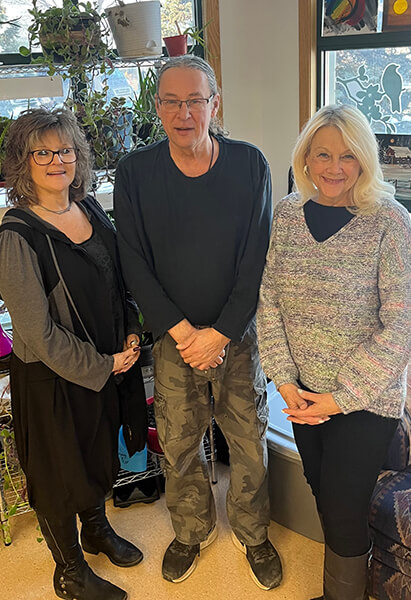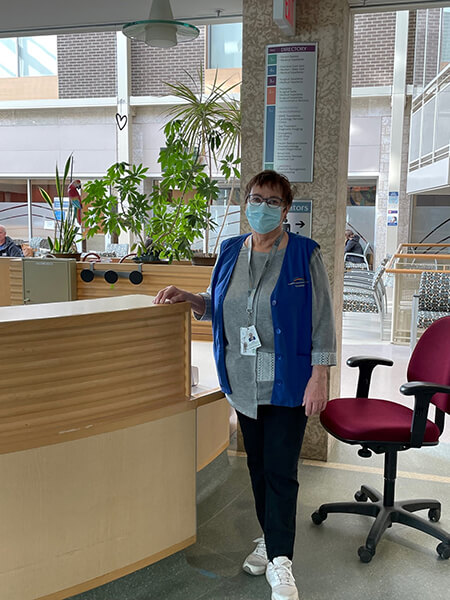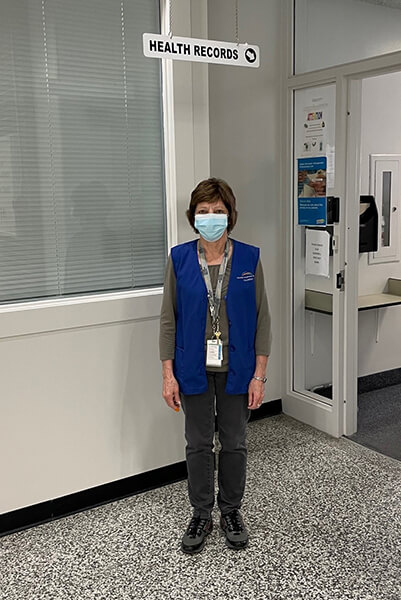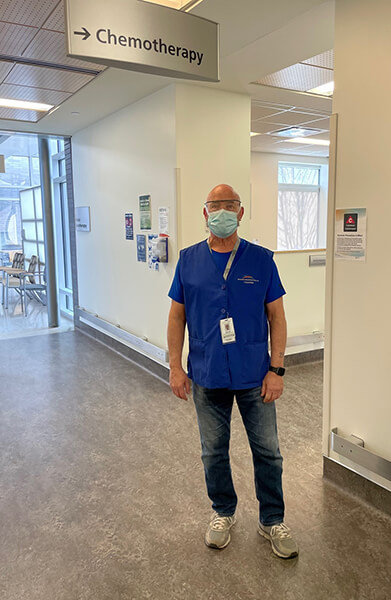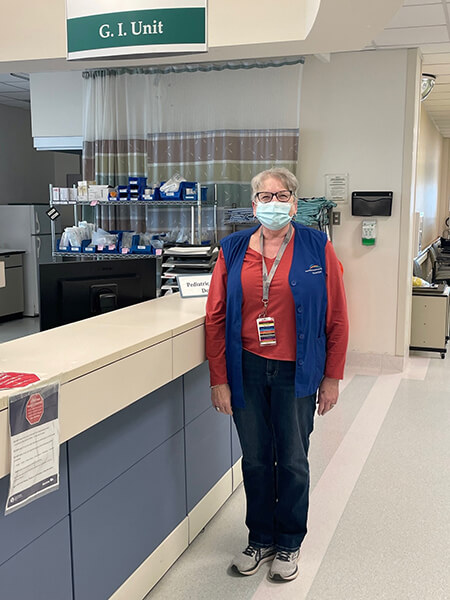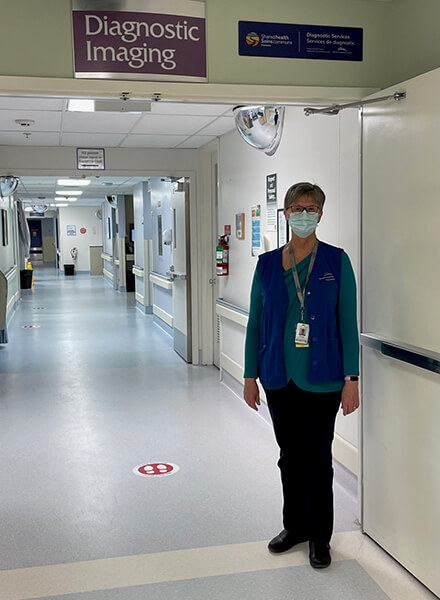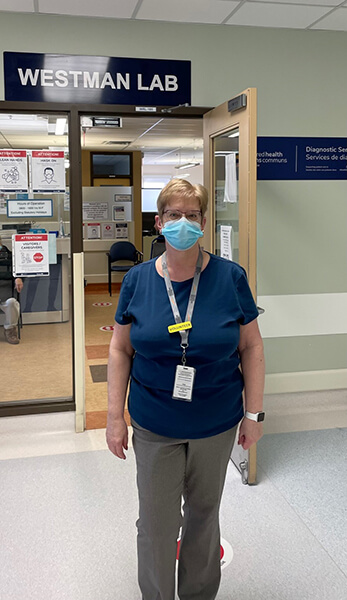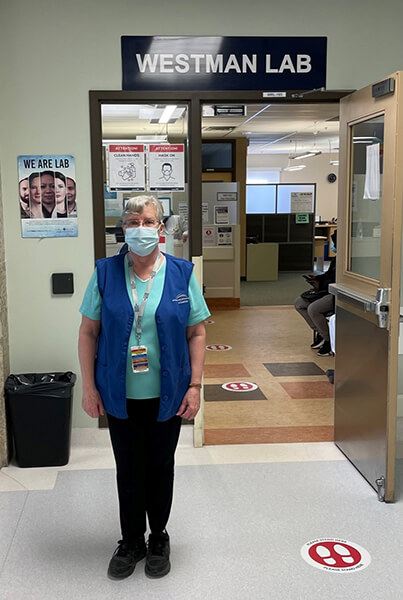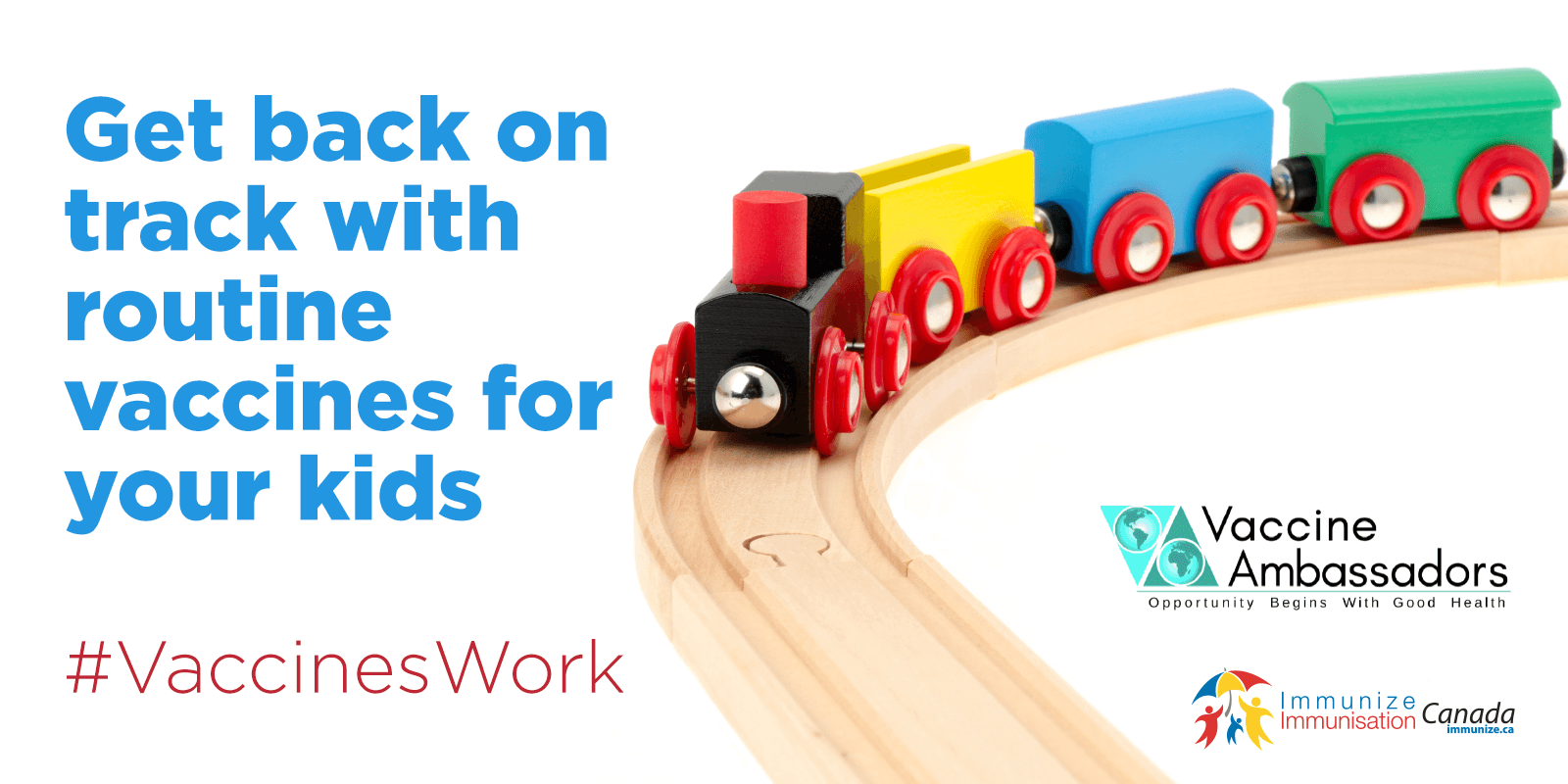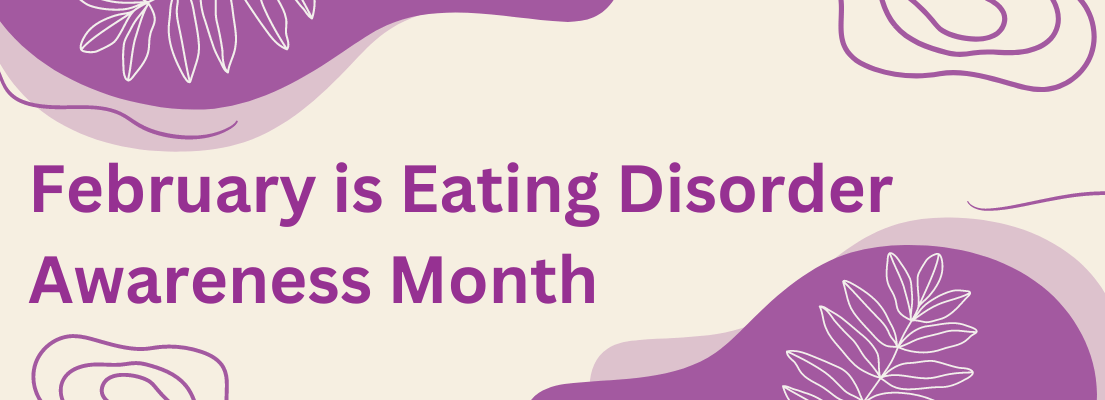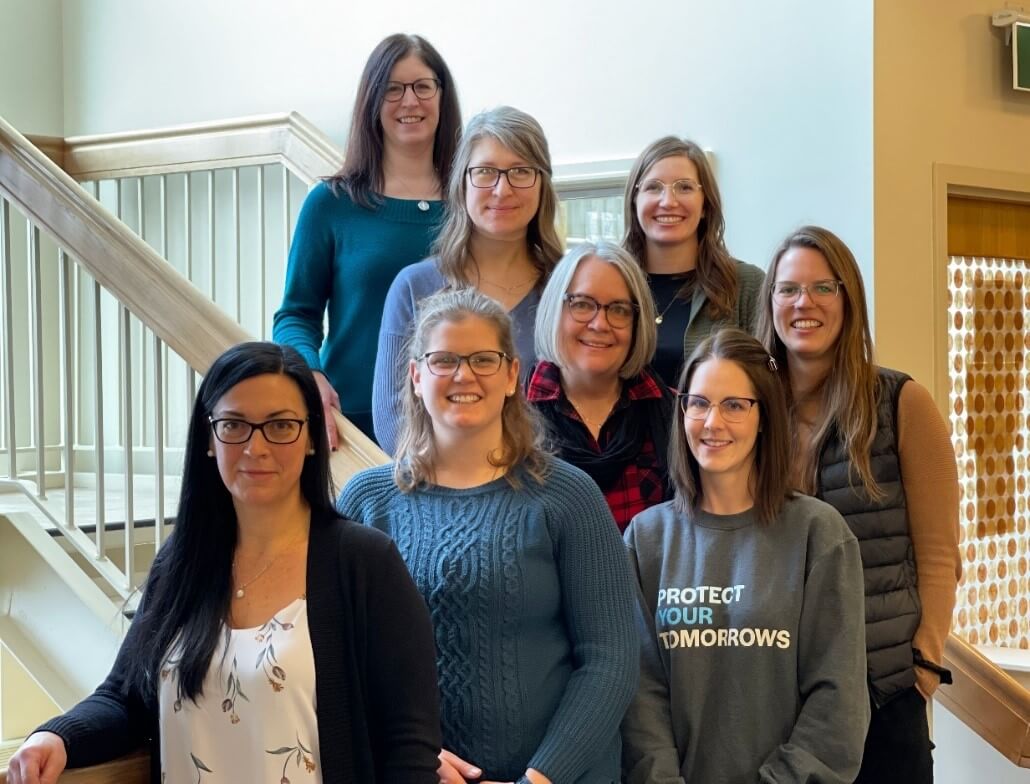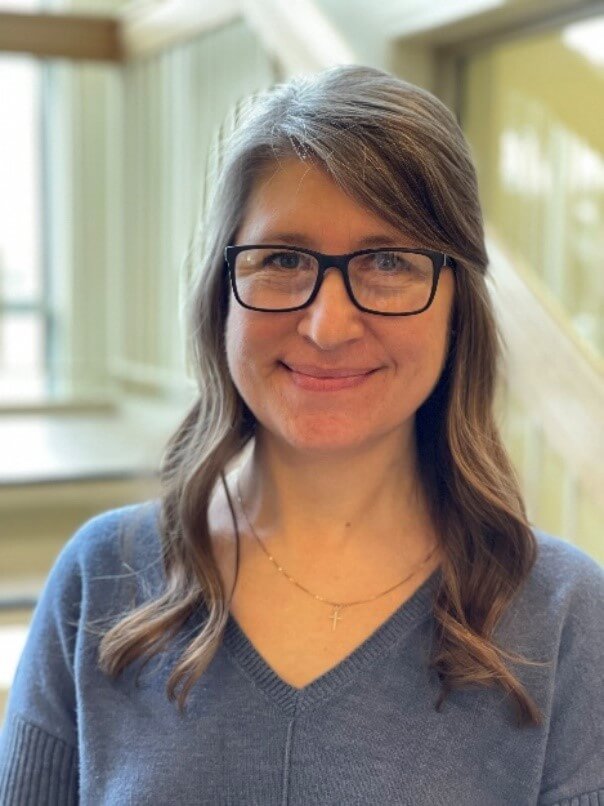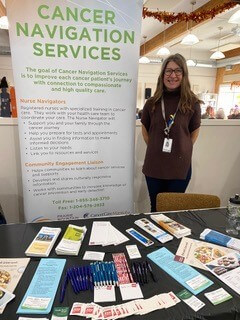June 3rd is National Health & Fitness Day!
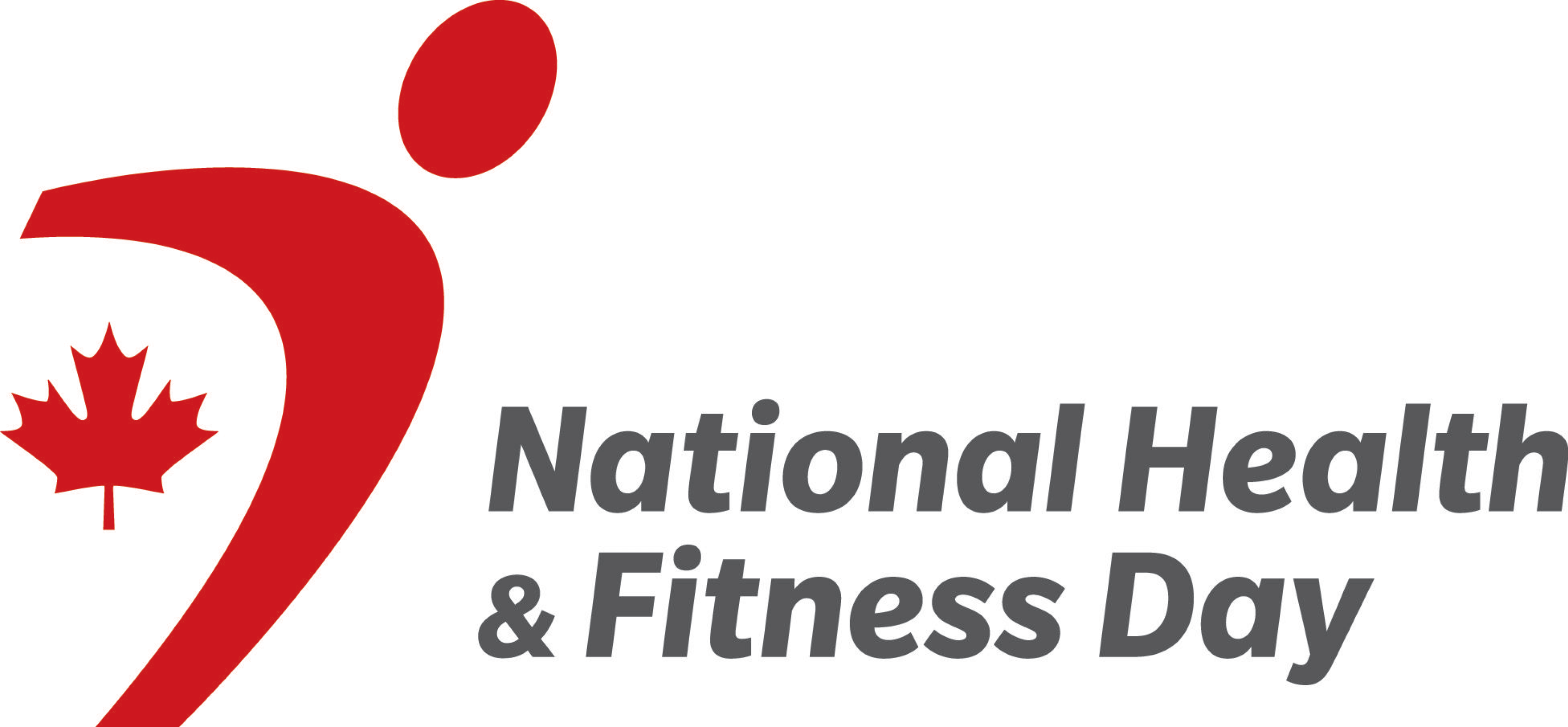
National Health & Fitness Day (NHFD) is an initiative to make Canada the Fittest Nation on Earth, starting with marking one day, the first Saturday in June as the day when Canadians get out and get active in any way they wish. Communities across the country have proclaimed the day and the National Health and Fitness Day Act, Bill S-211, became law in December 2014.

Current Canadian Physical Activity Guidelines for ages 0-4 recommend at least 180 minutes of physical activity of any intensity per day; at least 60 minutes of moderate-to-vigorous intensity physical activity for children and youth (aged 5-17) per day; and at least 150 minutes of moderate-to-vigorous intensity physical activity per week for adults and older adults (all those over 18 years of age). Data from across Canada shows that only 15% of adults and 9% of children and youth are meeting current physical activity guidelines. The good news is that 84% of 3-4 year-old children are meeting the guidelines. As you can see, intensity of physical activity matters! Moderate-to-vigorous intensity activity includes all activities that make you huff and puff. Moderate means you should still be able to have a conversation but are starting to work up a sweat; vigorous intensity means you’re out of breath and can’t maintain a constant conversation.
Children and youth who meet the activity guidelines are less likely to be overweight, have better bone health, do better in school, and have better scores for mental health. Meeting the activity guidelines for adults is associated with significant reductions in the risk of cardiovascular disease, stroke, high blood pressure, colon and breast cancer, and type 2 diabetes. Other benefits include higher energy levels and better sleep, better mental health and higher brain function and memory.
On Saturday June 3rd get your kids, spouses, parents and friends outside and get active! A family that plays together stays together! Here are some activity ideas for you and your family:

- Let your kids plan the activities for the day! If you’ve never played Grounders or Octopus, you’re missing out! Check out these fun, no-equipment outdoor games from Active for Life.
- Head to the park or playground and set up a fun obstacle course.
- Make a splash at your community pool, splash park or local recreation centre.
- Get together with neighbours for a game of all-ages ball hockey, races (egg-on-a-spoon, three-legged and sack races); a scavenger hunt; a pool party; or a game of soccer.
- Play walking bingo! Find the game card here.
- Go for a walk – walk around the neighbourhood and discover a new park or ravine.
- Tour the community … on bikes!
- Take your dog for a long walk. Or, if you don’t have a dog – take your neighbour’s dog for a walk!
- Introduce the kids to something new. Bocce ball? Ladder golf? Cricket?
- Crank up the tunes and have a crazy outdoor dance party! See who can make up the best new dance moves.
Let’s do our part in making Canada the Fittest Nation on Earth and on Saturday, June 3rd get up, get out and get active!


